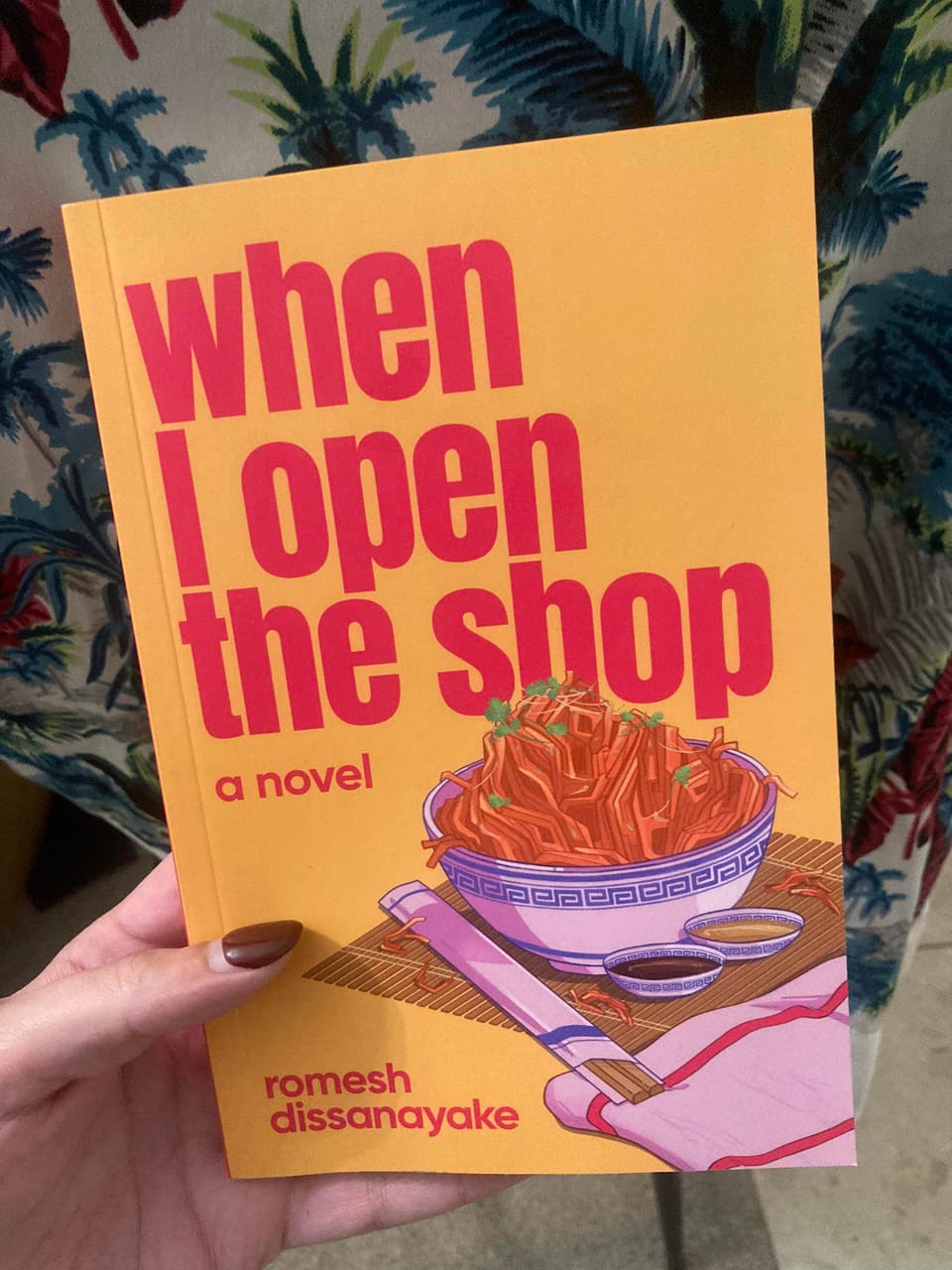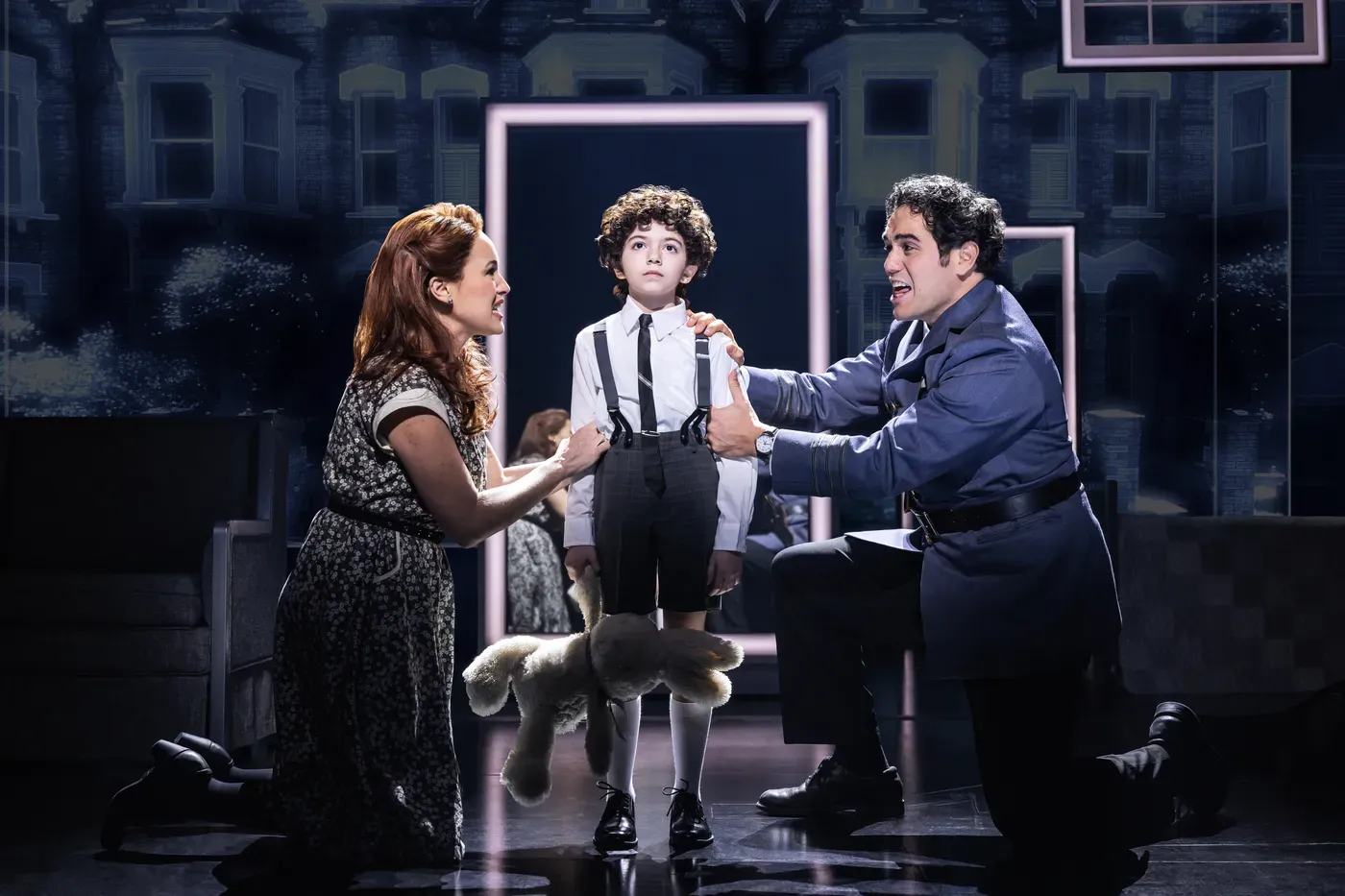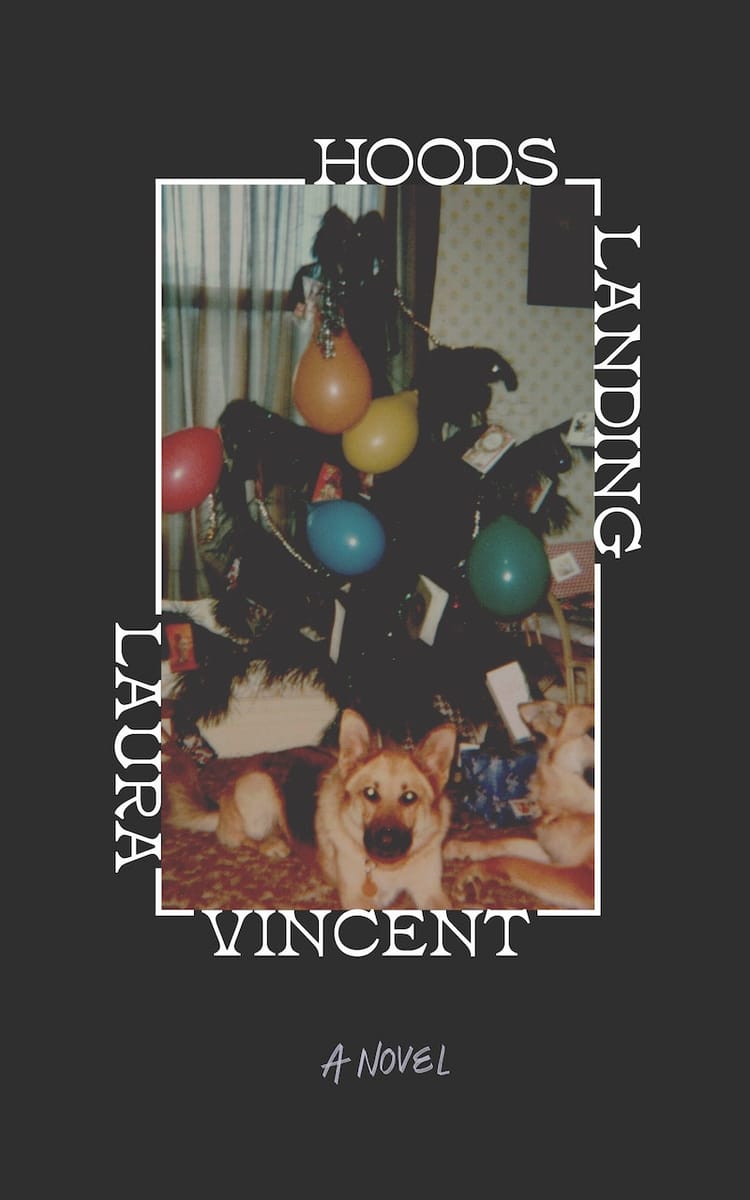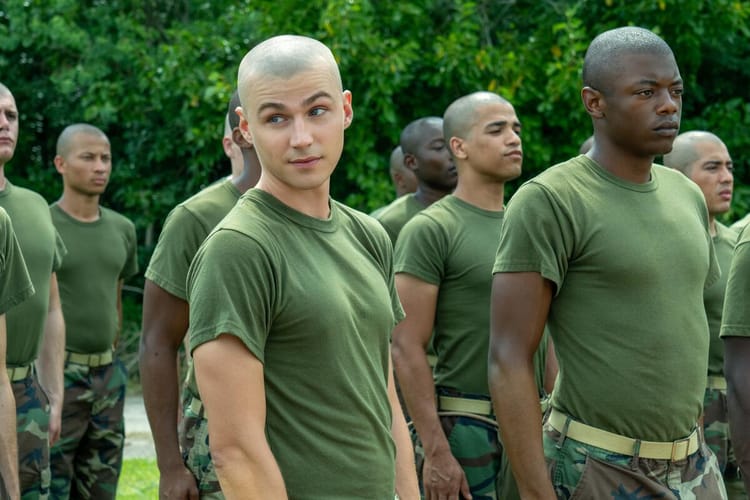Critical Corner: When I open the shop by romesh dissanayake

In this edition of Critical Corner, a review of romesh dissanayake’s debut novel When I open the shop.
“It’s been about five, maybe six months since my mother died.
Maybe longer.
It’s hard to tell exactly. I’ve been so busy with the shop.”
When a novel opens with a banger like that, you hope you’re in for a great read. Too often does a stunning opening descend into a slack middle and a middling end. However, romesh dissanayake’s debut novel, When I open the shop, does something truly impressive and actually delivers on the promise of his opening. It’s even more remarkable, given that it’s his first novel.
What follows that opener is a quick, but thoughtful, exploration into one immigrant’s life. It skips around in chronology but loosely follows a man from opening his shop, in the wake of his mother’s death, and his struggles to make that store a success. This plot summary doesn’t do when I open the shop must justice, though. Throughout, dissanayake jumps back and forth across time and even form – the middle of the book ascends into a series of surreal poems – never quite letting the reader settle into one state.
It’s an approach that feels modern, which is appropriate given disssanayake’s similarly modern voice. More importantly, and crucially, than the modernity of his voice is that it feels so specifically located in a time and generation; his concerns are the concerns of a millennial. His protagonist might inherit a small sum from his mother, but he also inherits his father’s dislocation, a tenuous connection to his own heritage, and, not unrelatedly, a heavy burden to honour the ancestors (the best segment in the novel is essentially a conversation with the very same).
The millennial voice – clued in enough to know what’s going on, tuned out enough not to feel the full weight of a situation – isn’t an uncommon one in New Zealand literature, but dissanayake’s voice, and his world, is distinct enough to make his work stand out. This is, after all, a novel that makes heavy references to Pedro Almodovar – specifically Chus Lampreave in Women on the Verge of a Nervous Breakdown, thank you very much – and the specific despair of dancing at the Big Kumara (RIP, I think/hope).
What makes dissanayake, and his debut, special is how he finds the music in naturalism, and the symphony in routine. Take this passage:
“I turn on RNZ and wait for the morning news, bobbing a teabag in and out of the water before flicking it into the sink. I usually get three or four cups out of one teabag, especially if it’s as weak as I make it. Sometimes I’ll pick up the teabag from the sink after I get home from work and drop it back into my cup and pour hot water over it again.”
At a first read, it seems like a clinical retelling of facts. On a second and third, you get the rhythms of it, the pleasant clack of the three “teabags” against each other across as many sentences, the magnetism of the word “flicking”. He does this so often throughout the book that it seems effortless, but the construction of his prose is obviously anything but. These passage make gut punches like “I collected pieces of her and took them home with me to give texture to a dream where we were together” hit that much harder.
Some parts feel a little bit underwritten – a sex scene towards the middle, a dinner amongst friends that might as well be a play – but for a first-time novelist to come out this assured, so confidently off beat, is remarkable. Fittingly, for a book about a man who opens his own space to put down his stake in the world, dissanayake has done exactly the same.
When I open the shop by romesh dissanayake is available now ($35RRP) from Te Herenga Waka University Press.

What I’ve Consumed This Week
- I finished 3 Body Problem this week after a few weeks, and generally really liked it! After a few episodes circling the airport – not really helped by all eight episodes dropping at once – the back half of the series really nails the book’s blend of head and heart. I could watch Rosalind Chao (Joy Luck Club hive rise up!) do pretty much anything, and Jess Hong is a brilliant anchor for the show as it comes to its conclusion. Maybe the kindest thing I can say is that I hope it actually gets to adapt all the books in the series.
- Spinal Destination, a local comedy on Neon, is a lovely watch! It’s about Tessa – played winningly by Bree Peters – a woman who has to stay in a spinal unit after a mysterious illness paralyses her. It’s sweet, it’s silly, and it’s honestly nice to see a proper ensemble comedy again. (The show’s portrayal of journalism is truly ludicrous, but an accurate portrayal of that job doesn’t really make for great comedy.)
- I have been playing Porter Robinson’s “Cheerleader” on repeat. It’s catchy!
- I cancelled my Disney+ subscription, so I cannot provide any more updates on what is happening on the latest season of Family Guy. My apologies. I did, however, watch all of Spy X Family in one day and I am available for conversations about that anime.

What I’ve Read This Week
- Duncan Greive went to SXSW in Austin, and it sounded like a way better time than when I went to the Sydney one. He comes back with some great observations (for The Spinoff) on the festival, and whether we could ever sustain something like it in Auckland.
- Do you also like to read reviews of things you will never get to experience? Then can I recommend this review of the Broadway revival of Tommy, from GOAT theatre critic Sara Holdren at Vulture. Criticism is half considering content, half considering context, and nobody does it better than Holdren.
Self-Promo
- If you missed it, my post for paid subscribers was a collation of thoughts on the Auckland Arts Festival as a whole. If you’re interested in it – and ongoing analysis of the arts scene like it – consider subscribing!
Writing and reporting takes time, and if you want to support the amount of time it takes (and ensure that the scant amount of meaningful coverage of local art can continue), please considering supporting Dramatic Pause with a paid subscription ($8 p/m, $60 p/a) and if you can't afford a paid subscription, please share the work with your networks!





Member discussion